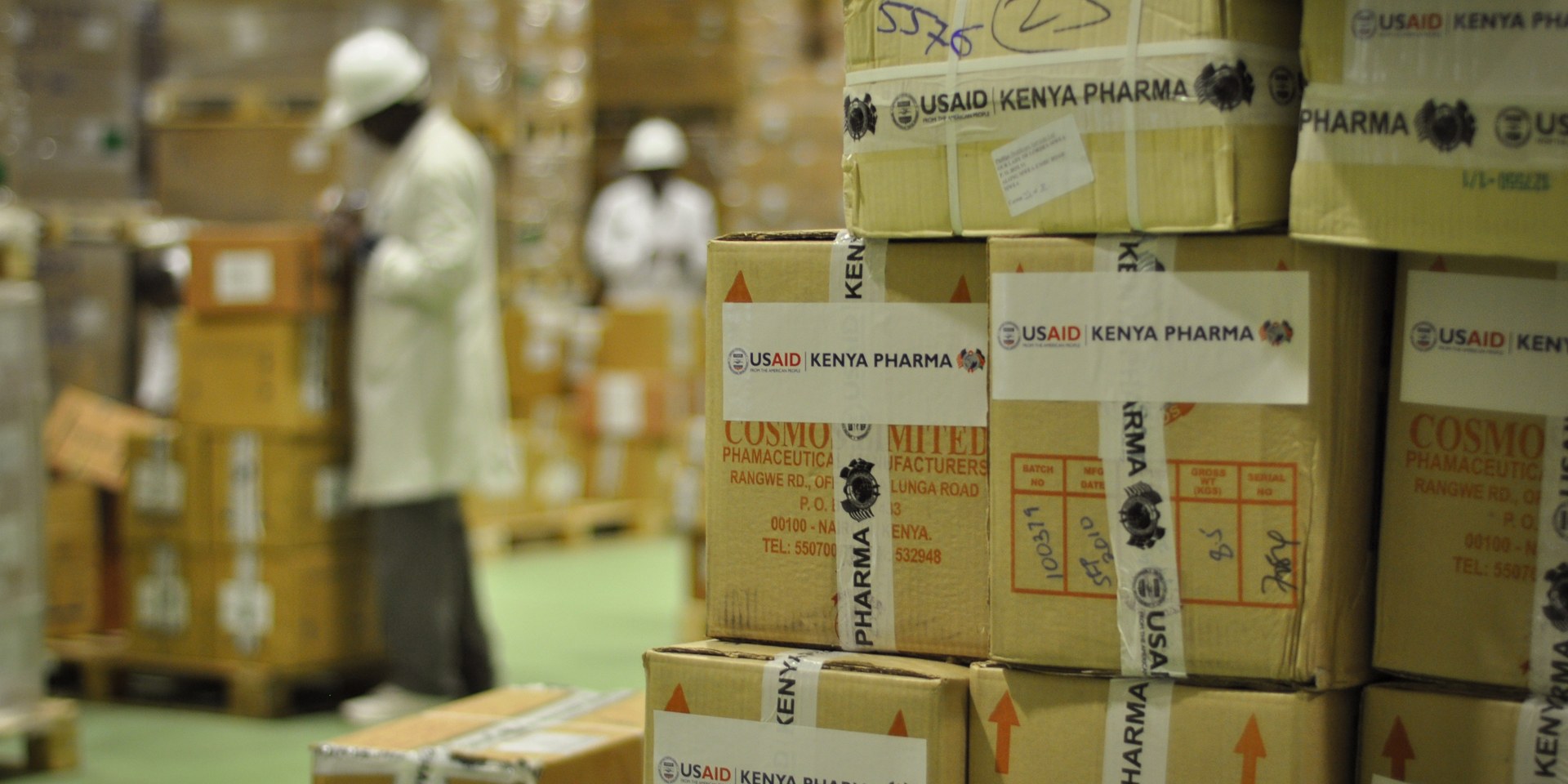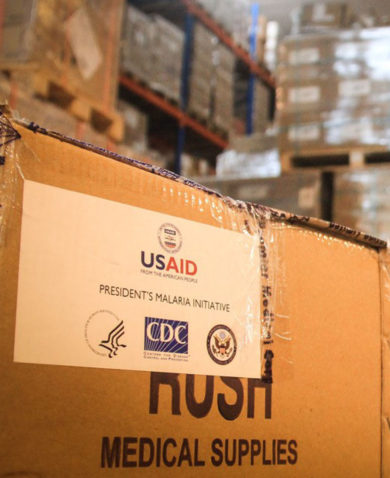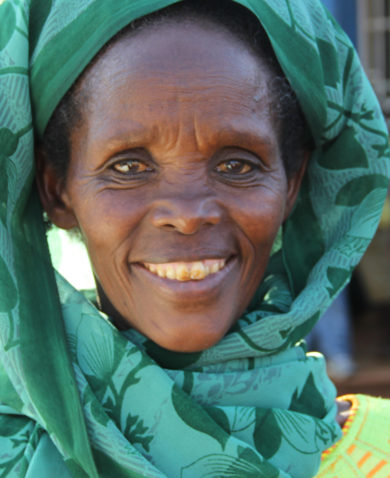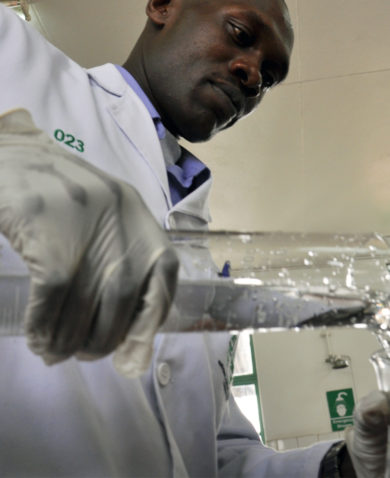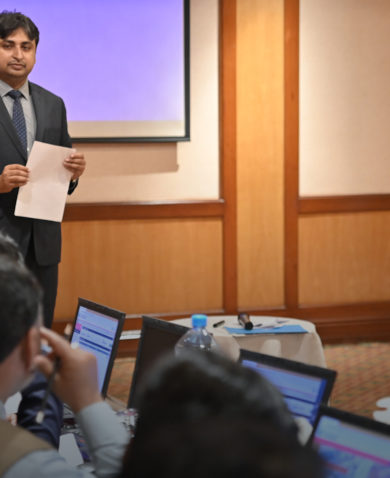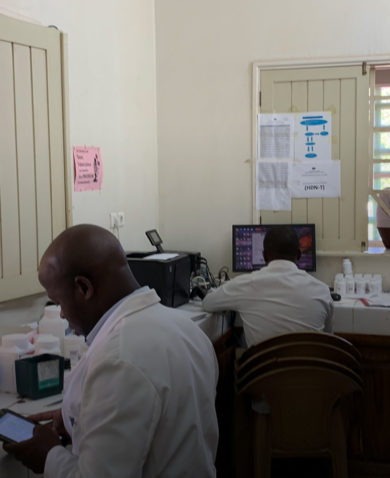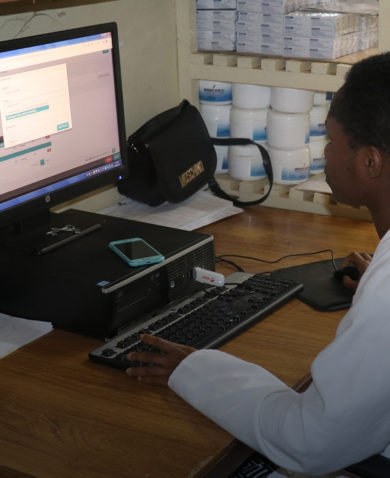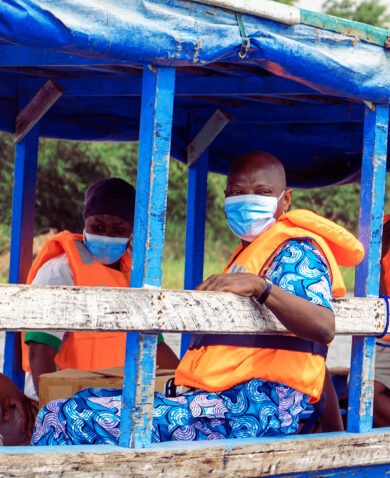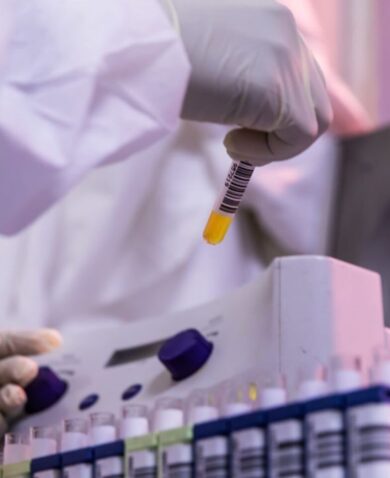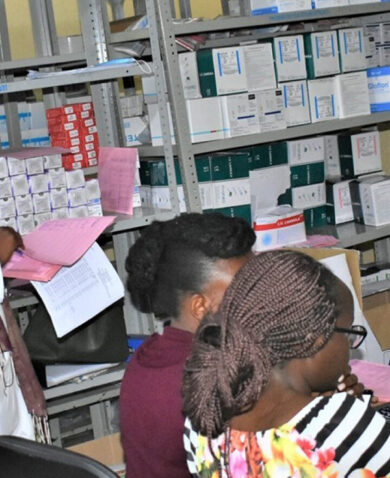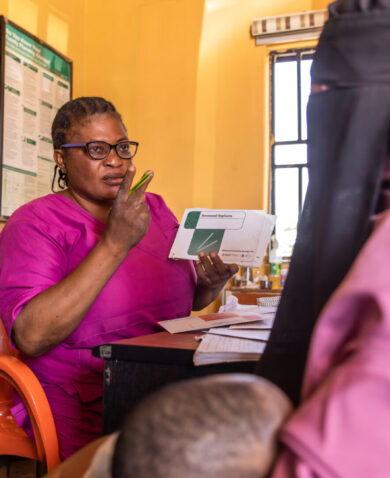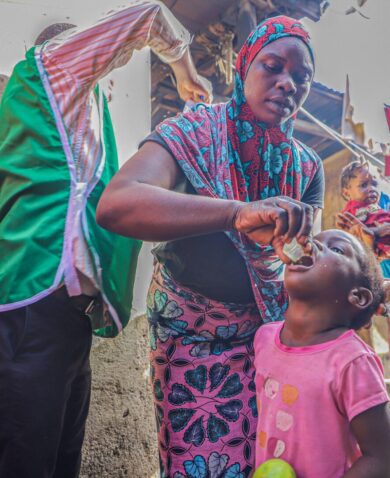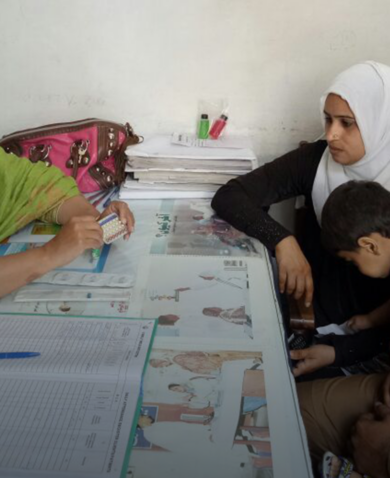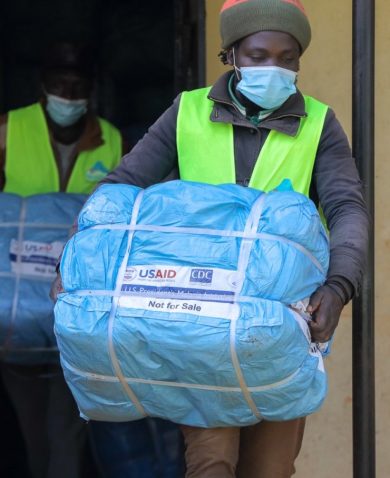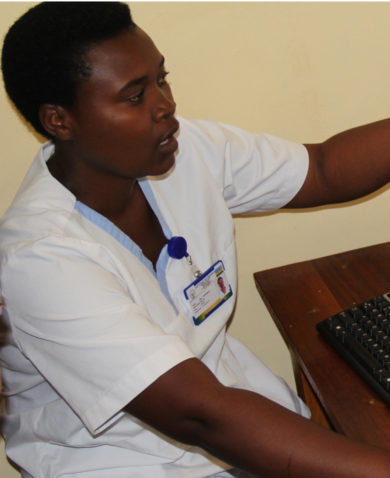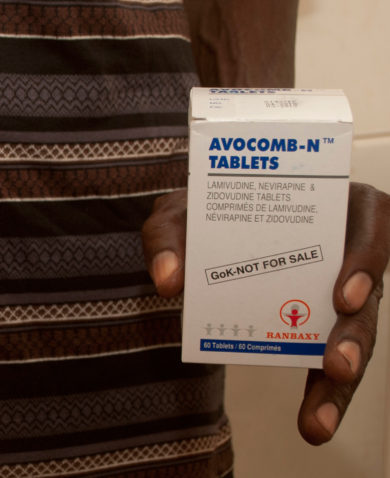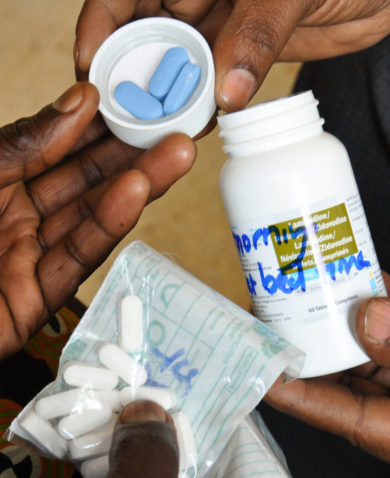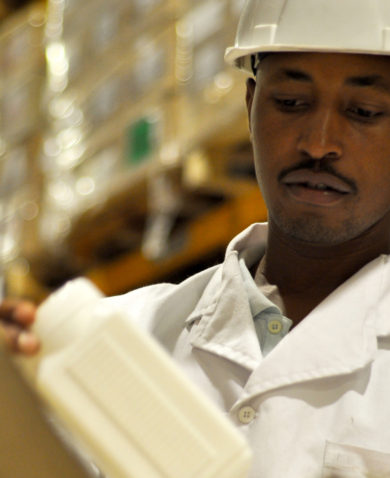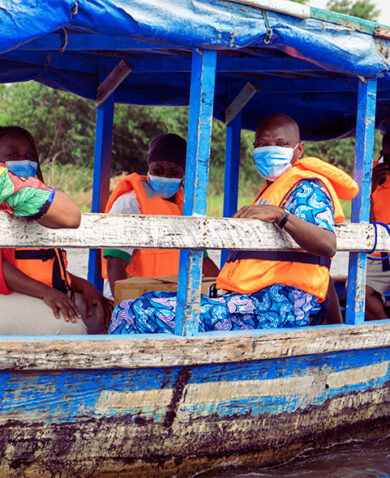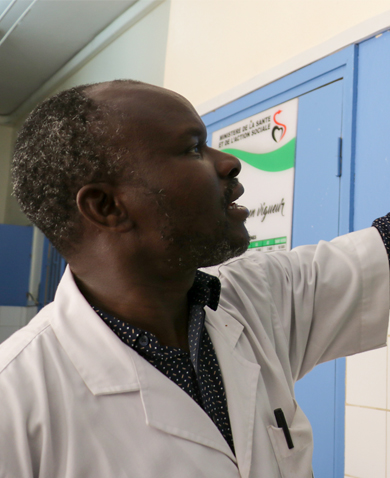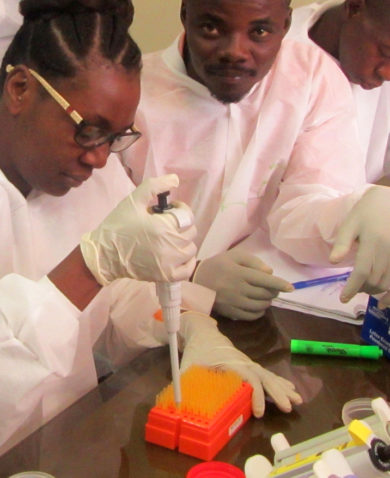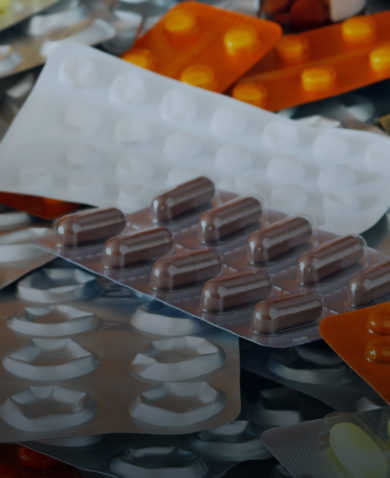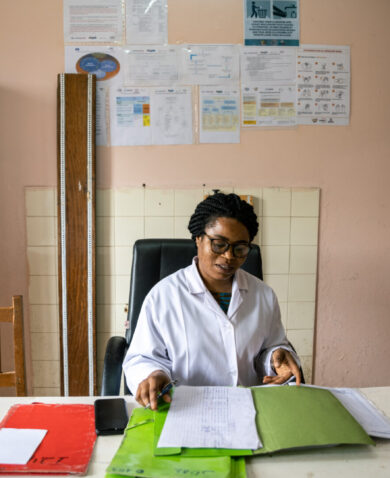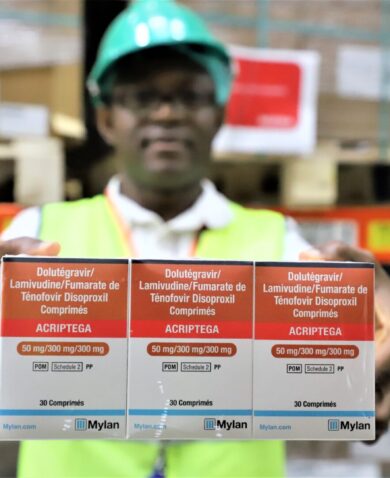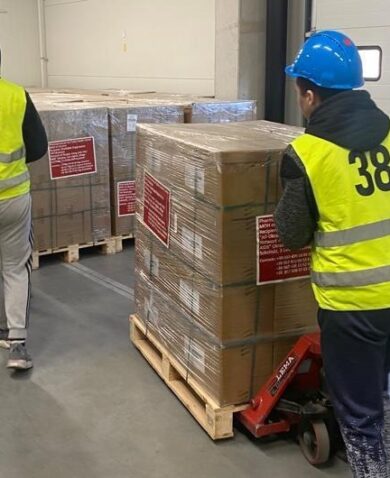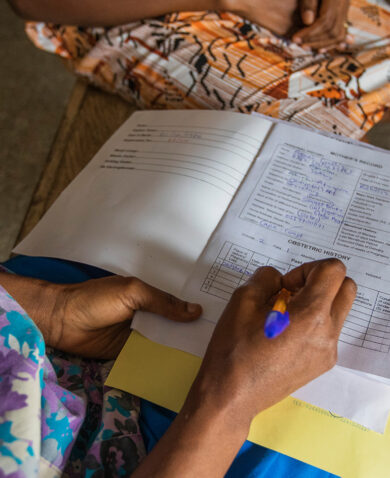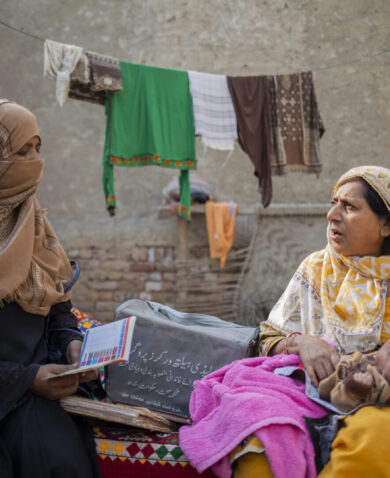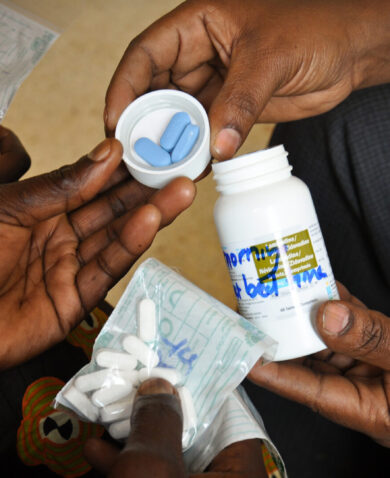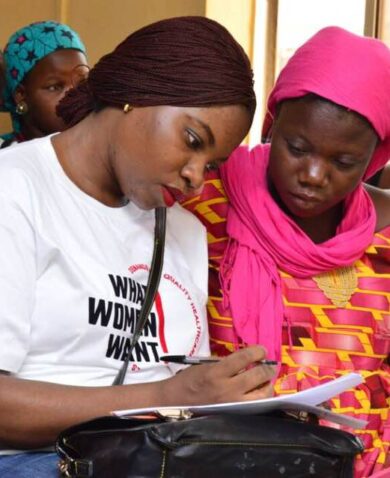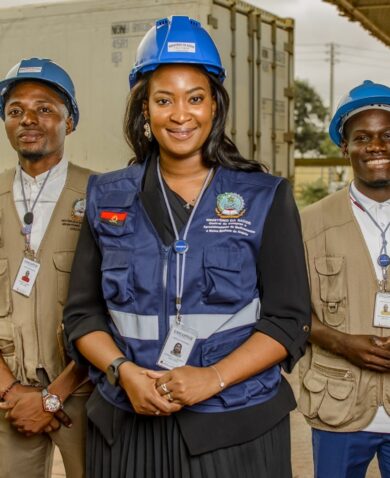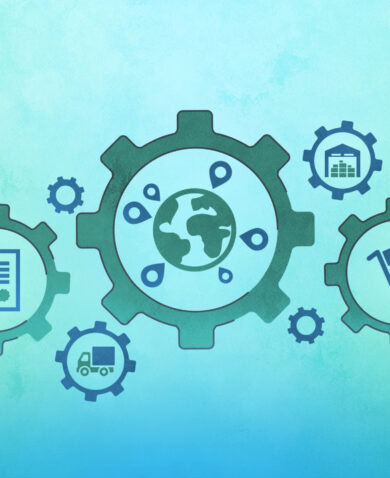To improve Kenya’s ability to meet its own pharmaceutical testing and post-market surveillance needs in the long term, the Chemonics team worked with two local testing laboratories: the National Quality Control Lab (NQCL) and Mission for Essential Drugs and Supplies (MEDS). The team supplied each lab with equipment that speeds up testing times and improves the accuracy of results by reducing contamination and the need for retesting. It also built a state-of-the-art electronic laboratory information management system (LIMS) that enables the labs to track and trace samples, speeding up analysis and reporting, and trained staff in how to use the system. Finally, by contracting the labs for quality assurance testing, Pharma provides ample opportunities to gain experience and generate revenue to be reinvested in the labs.
“We believe that NQCL’s prudent use and servicing of the donated equipment will undoubtedly lead to curbing of counterfeit, spurious, and sub-standard medicines in the market, meeting the government’s goal of ensuring that the medicines availed to the public are safe and of high quality,” said Dr. H.K. Chepkwony, director of NQCL.

